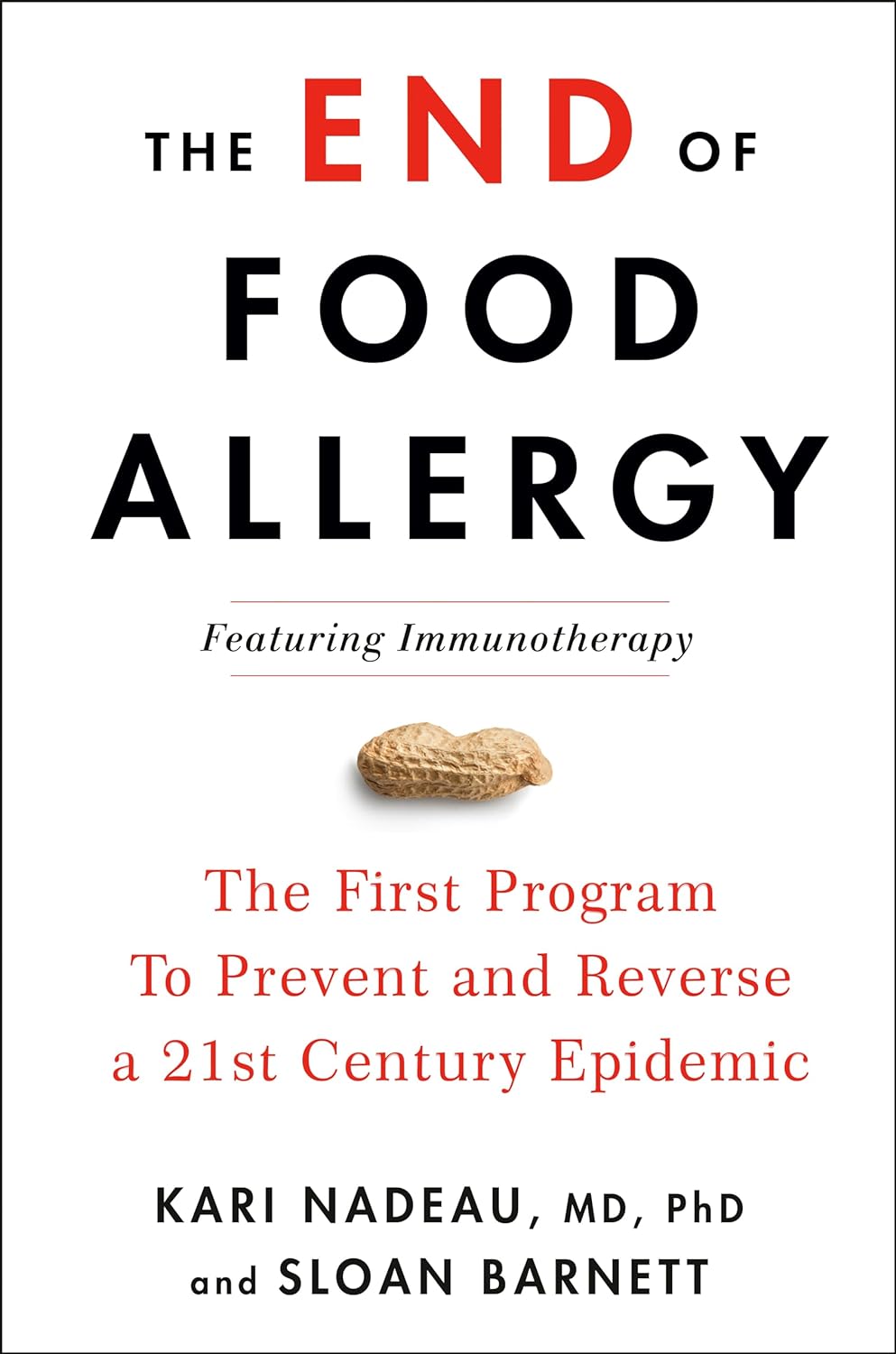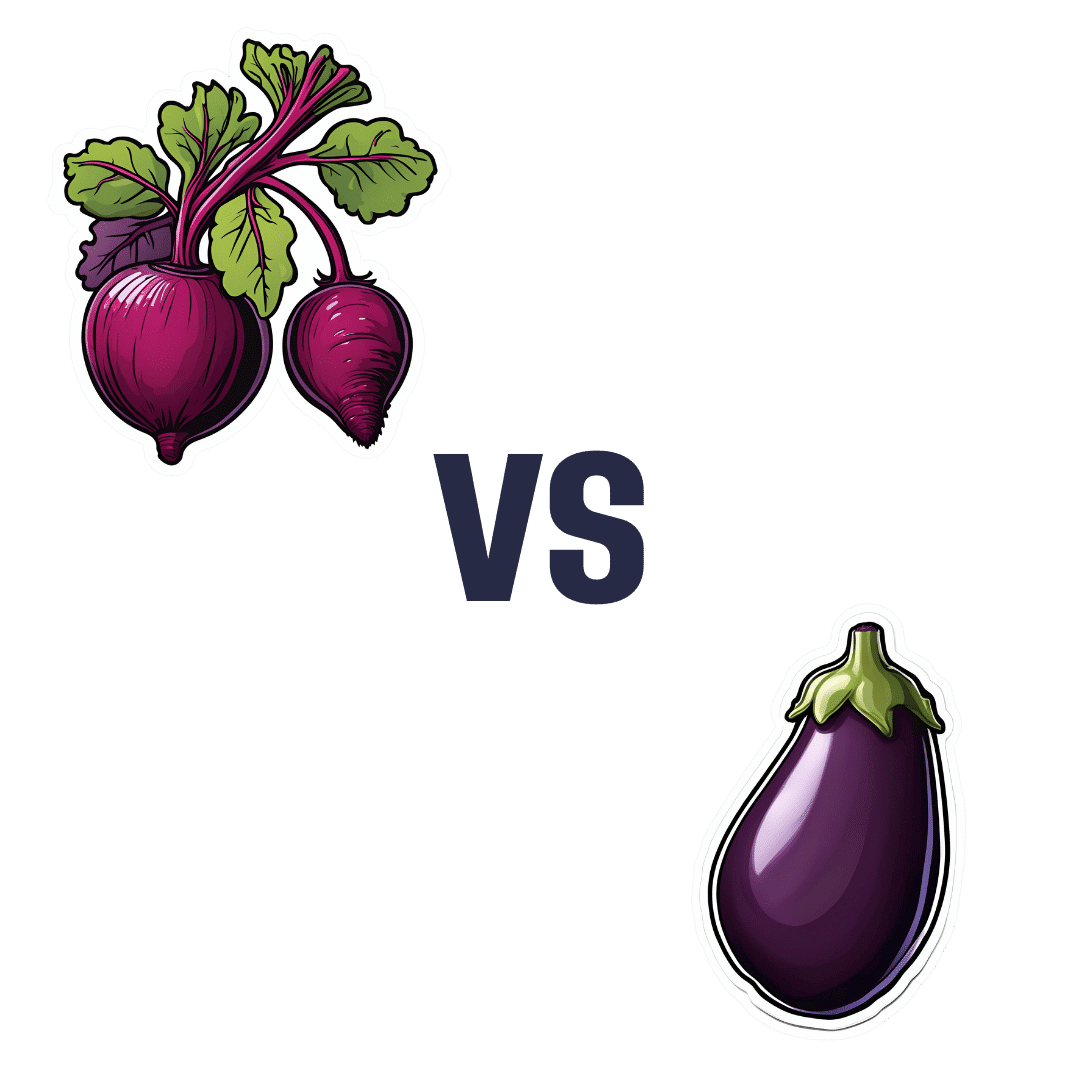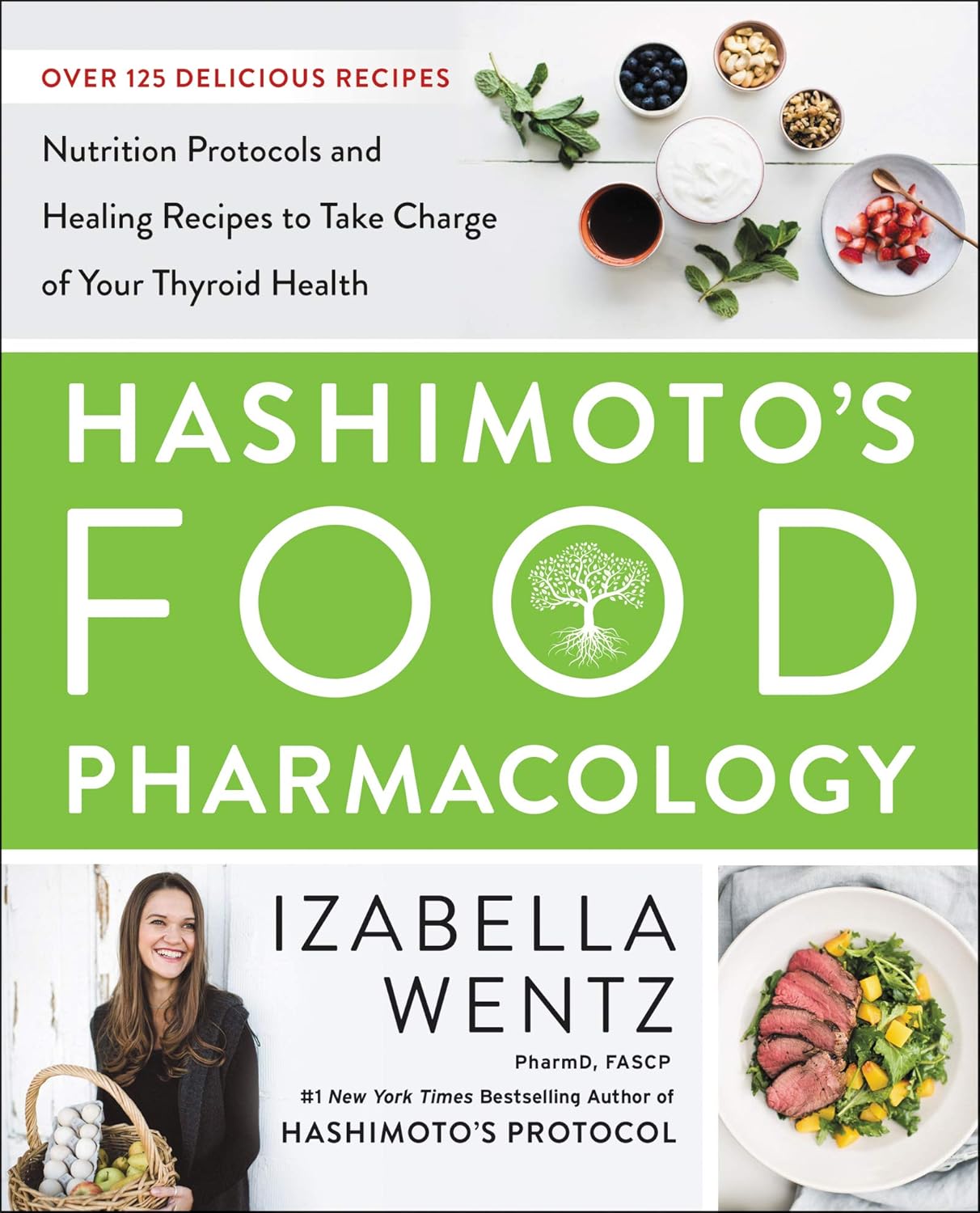
Burn! How To Boost Your Metabolism
10almonds is reader-supported. We may, at no cost to you, receive a portion of sales if you purchase a product through a link in this article.
Let’s burn! Metabolic tweaks and hacks
Our metabolism is, for as long as we live, a constantly moving thing. And it’s not a monolith either; there are parts of our metabolism that can speed up or slow down independently of others.
If we talk about metabolism without clarifying context, though, this is usually about one’s “basal metabolic rate”, that is, how many calories we burn just by being alive.
Why do we want to speed it up? Might we ever want to slow it down?
We might want to slow our metabolism down in survival circumstances, but generally speaking, a faster metabolism is a better one.
Yes, even when it comes to aging. Because although metabolism comes with metabolizing oxygen (which, ironically, tends to kill us eventually, since this is a key part of cellular aging), it is still beneficial to replace cells sooner rather than later. The later we replace a given cell (ie, the longer the cell lives), the more damaged it gets, and then the copy is damaged from the start, because the damage was copied along with it. So, best to have a fast metabolism to replace cells quickly when they are young and healthy.
A quick metabolism helps the body to do this.
Most people, of course, are interested in a fast metabolism to burn off fat, but beware: if you increase your metabolism without consideration to how and when you consume calories, you will simply end up eating more to compensate.
One final quick note before we begin:
Limitations
There’s a lot we can do to change our metabolism, but there are some things that may be outside of our control. They include:
- Age—we can influence our biological age, but we cannot (yet!) halt aging, so this will happen
- Body size—and yes we can change this a bit, but we all have our own “basic frame” to work with. Someone who is 6’6” is never going to be able to have the same lower-end-of-scale body mass of someone who is 5’0”, say.
- Sex—this is about hormones, and HRT is a thing, but for example, broadly speaking, men will have faster metabolisms than women, because of hormonal differences.
- Medical conditions—often also related to other hormones, but for example someone with Type 1 Diabetes is going to have a very different relationship with their metabolism than someone without, and someone with a hypo- or hyperactive thyroid will again have a very different metabolism in a way that that lifestyle factors can’t completely compensate for.
The tips and tricks
Intermittent fasting
Intermittent fasting has been found to, amongst other things, promote healthy apoptosis and autophagy (in other words: early programmed cell death and recycling—these are good things).
It also has anti-inflammatory benefits and decreases the risk of insulin resistance. In other words, intermittent fasting boosts the metabolism while simultaneously guarding against some of the dangers of a faster metabolism (harms you’d get if you instead increased your metabolism by doing intense exercise and then eating a mountain of convenience food to compensate)
Read the science: Intermittent Fasting: Is the Wait Worth the Weight?
Read our prior article: Fasting Without Crashing? We Sort The Science From The Hype
Enjoy plenty of protein
This one won’t speed your metabolism up, so much as help it avoid slowing down as a result of fat loss.
Because of our body’s marvelous homeostatic system trying to keep our body from changing status at any given time, often when we lose fat, our body drops our metabolism to compensate, thinking we are in an ongoing survival situation and food is scarce so we’d better conserve energy (as fat). That’s a pain for would-be weight-loss dieters!
Eating protein can let our body know that we’re perfectly safe and not starving, so it will keep the metabolism ticking over nicely, without putting on fat.
Read the science: The role of protein in weight loss and maintenance
Stay hydrated
People think of drinking water as part of a weight loss program being just about filling oneself up, and that is a thing, but it also has a role to play in our metabolism. Specifically, lipolysis (the process of removing fat).
Because, we are mostly water. Not only is it the main content of our various body tissue cells, but also, of particular note, our blood (the means by which everything is transported around our body) is mostly water, too.
It’s hard for the body to keep everything ticking over like a well-oiled machine if its means of transportation is sluggish!
Check it out: Increased Hydration Can Be Associated with Weight Loss
Take a stand
That basal metabolic rate we talked about?
- If you’re lying down at rest, that’s what your metabolism will be like.
- If you’re sitting up, it’ll be a little quicker, but not much.
- If you’re standing, suddenly half your body is doing things, and you don’t even notice them because they’re just stabilizing muscles and the like, but on a cellular level, your body gets very busy.
Read all about it: Cardiometabolic impact of changing sitting, standing, and stepping in the workplace
Time to invest in a standing desk? Or a treadmill in front of the TV?
The spice of life
Capsaicin, the compound in many kinds of pepper that give them their spicy flavor, boosts the metabolism. In the words of Tremblay et al for the International Journal of Obesity:
❝[Capsaicin] stimulates the sympathoadrenal system that mediates the thermogenic and anorexigenic effects of capsaicinoids.
Capsaicinoids have been found to accentuate the impact of caloric restriction on body weight loss.
Some studies have also shown that capsinoids increase energy expenditure.
Capsaicin supplementation attenuates or even prevents the increase in hunger and decrease in fullness as well as the decrease in energy expenditure and fat oxidation, which normally result from energy restriction❞
Read for yourself: Capsaicinoids: a spicy solution to the management of obesity?
You snooze, you lose (fat)
While exercising is generally touted as the road to weight loss, and certainly regular exercise does have a part to play, doing so without good rest will have bad results.
In fact, even if you’re not exercising, if you don’t get enough sleep your metabolism will get sluggish to try to slow you down and encourage you to sleep.
So, be proactive, and make getting enough good quality sleep a priority.
Eat for metabolic health
Aside from the chilli peppers we mentioned, there are other foods associated with good metabolic health. We don’t have room to go into the science of each of them here, but here’s a well-researched, well-sourced standalone article listing some top choices:
The 12 Best Foods to Boost Your Metabolism
Enjoy!
Don’t Forget…
Did you arrive here from our newsletter? Don’t forget to return to the email to continue learning!
Recommended
Learn to Age Gracefully
Join the 98k+ American women taking control of their health & aging with our 100% free (and fun!) daily emails:
-
The End of Food Allergy – by Dr. Kari Nadeau & Sloan Barnett
10almonds is reader-supported. We may, at no cost to you, receive a portion of sales if you purchase a product through a link in this article.
We don’t usually mention author credentials beyond their occupation/title. However, in this case it bears acknowledging at least the first line of the author bio:
❝Kari Nadeau, MD, PhD, is the director of the Sean N. Parker Center for Allergy and Asthma Research at Stanford University and is one of the world’s leading experts on food allergy❞
We mention this, because there’s a lot of quack medicine out there [in general, but especially] when it comes to things such as food allergies. So let’s be clear up front that Dr. Nadeau is actually a world-class professional at the top of her field.
This book is, by the way, about true allergies—not intolerances or sensitivities. It does touch on those latter two, but it’s not the main meat of the book.
In particular, most of the research cited is around peanut allergies, though the usual other common allergens are all discussed too.
The authors’ writing style is that of a science educator (Dr. Nadeau’s co-author, Sloan Barnett, is lawyer and health journalist). We get a clear explanation of the science from real-world to clinic and back again, and are left with a strong understanding, not just a conclusion.
The titular “End of Food Allergy” is a bold implicit claim; does the book deliver? Yes, actually.
The book lays out guidelines for safely avoiding food allergies developing in infants, and yes, really, how to reverse them in adults. But…
Big caveat:
The solution for reversing severe food allergies (e.g. “someone nearby touched a peanut three hours ago and now I’m in anaphylactic shock”), drug-assisted oral immunotherapy, takes 6–24 months of weekly several-hour-long clinic visits, relies on having a nearby clinic offering the service, and absolutely 100% cannot be done at home (on pain of probable death).
Bottom line: it’s by no means a magic bullet, but yes, it does deliver.
Click here to check out The End of Food Allergy to learn more!
Share This Post
-
Pistachios vs Cashews – Which is Healthier?
10almonds is reader-supported. We may, at no cost to you, receive a portion of sales if you purchase a product through a link in this article.
Our Verdict
When comparing pistachios to cashews, we picked the pistachios.
Why?
In terms of macros, both are great sources of protein and healthy fats, and considered head-to-head:
- pistachios have slightly more protein, but it’s close
- pistachios have slightly more (health) fat, but it’s close
- cashews have slightly more carbs, but it’s close
- pistachios have a lot more fiber (more than 3x more!)
All in all, both have a good macro balance, but pistachios win easily on account of the fiber, as well as the slight edge for protein and fats.
When it comes to vitamins, pistachios have more of vitamins A, B1, B2, B3, B6, B9, C, & E.
Cashews do have more vitamin B5, also called pantothenic acid, pantothenic literally meaning “from everywhere”. Guess what’s not a common deficiency to have!
So pistachios win easily on vitamins, too.
In the category of minerals, things are more balanced, though cashews have a slight edge. Pistachios have more notably more calcium and potassium, while cashews have notably more selenium, zinc, and magnesium.
Both of these nuts have anti-inflammatory, anti-diabetic, and anti-cancer benefits, often from different phytochemicals, but with similar levels of usefulness.
Taking everything into account, however, one nut comes out in the clear lead, mostly due to its much higher fiber content and better vitamin profile, and that’s the pistachios.
Want to learn more?
Check out:
Why You Should Diversify Your Nuts
Enjoy!
Share This Post
-
Alzheimer’s: The Bad News And The Good
10almonds is reader-supported. We may, at no cost to you, receive a portion of sales if you purchase a product through a link in this article.
Dr. Devi’s Spectrum of Hope
This is Dr. Gayatri Devi. She’s a neurologist, board-certified in neurology, pain medicine, psychiatry, brain injury medicine, and behavioral neurology.
She’s also a Clinical Professor of Neurology, and Director of Long Island Alzheimer’s Disease Center, Fellow of the American Academy of Neurology, and we could continue all day with her qualifications, awards and achievements but then we’d run out of space. Suffice it to say, she knows her stuff.
Especially when it comes to the optimal treatment of stroke, cognitive loss, and pain.
In her own words:
❝Helping folks live their best lives—by diagnosing and managing complex neurologic disorders—that’s my job. Few things are more fulfilling! For nearly thirty years, my focus has been on brain health, concussions, Alzheimer’s and other dementias, menopause related memory loss, and pain.❞
Alzheimer’s is more common than you might think
According to Dr. Devi,
❝97% of patients with mild Alzheimer’s disease don’t even get diagnosed in their internist offices, and half of patients with moderate Alzheimer’s don’t get diagnosed.
What that means is that the percentage of people that we think about when we think about Alzheimer’s—the people in the nursing home—that’s a very, very small fraction of the entirety of the people who have the condition❞
As for what she would consider the real figures, she puts it nearer 1 in 10 adults aged 65 and older.
Source: Neurologist dispels myths about Alzheimer’s disease
Her most critical advice? Reallocate your worry.
A lot of people understandably worry about a genetic predisposition to Alzheimer’s, especially if an older relative died that way.
See also: Alzheimer’s, Genes, & You
However, Dr. Devi points out that under 5% of Alzheimer’s cases are from genetics, and the majority of Alzheimer’s cases can be prevented be lifestyle interventions.
See also: Reduce Your Alzheimer’s Risk
Lastly, she wants us to skip the stigma
Outside of her clinical practice and academic work, this is one of the biggest things she works on, reducing the stigma attached to Alzheimer’s both publicly and professionally:
Alzheimer’s Disease in Physicians: Assessing Professional Competence and Tempering Stigma
Want more from Dr. Devi?
You might enjoy this interview:
Click Here If The Embedded Video Doesn’t Load Automatically!
And here’s her book:
Enjoy!
Share This Post
Related Posts
-
Ozempic Helps People Walk Further
10almonds is reader-supported. We may, at no cost to you, receive a portion of sales if you purchase a product through a link in this article.
There’s often a catch-22 when it comes to exercise: it’s important for good health, and/but people with ill health usually cannot exercise much.
A recent (published today, at time of writing, the 29th of March 2025, never let it be said we don’t bring you the very most up-to-date health science!) study by Dr. Neda Rasouli et al. has shown there is a possible way through that catch-22, depending on the nature of the illness.
This study followed 792 people across 112 outpatient clinical trial sites in 20 countries in North America, Asia, and Europe, with type 2 diabetes and peripheral artery disease.
What they found
Patients taking semaglutide (specifically, 1mg Ozempic) enjoyed a 21% median increase in walking distance, as well as some bonus benefits, namely:
- Weight reduction: the semaglutide group saw a greater reduction in body weight (–4.1 kg; P < 0 .0001)
- HbA1c levels: semaglutide lowered HbA1c by 1 percentage point (P < 0.0001)
- Blood pressure: systolic blood pressure decreased by 3.2 mmHg (P = 0.0042)
You may be wondering what that “P =” means: it’s the probability of this occurring by random chance, on a scale from zero (impossible outcome) to 1 (unavoidable outcome).
For example:
“We hypothesized that singing the happy birthday song before tossing a coin would result in it landing on heads. We sang the happy birthday song and tossed the coin; it landed on heads (P = 0.5)”
In science, generally speaking anything with a probability of under 0.05 (expressed as: “P < 0.05”) is considered a statistically significant result.
All this to say, the cited figures of, for example, P < 0.0001, are very significant indeed.
On which note, that 21% median increase in walking distance? P < 0.0004.
As for side effects? Serious adverse events related to the drug occurred in 1% of the semaglutide group vs 2% in the placebo group. So, that seems quite safe indeed.
You can find the paper itself here:
Want to learn more?
Check out:
- The Doctor Who Wants Us To Exercise Less, & Move More
- Walking… Better.
- 5 Ways To Naturally Boost The “Ozempic Effect”
Take care!
Don’t Forget…
Did you arrive here from our newsletter? Don’t forget to return to the email to continue learning!
Learn to Age Gracefully
Join the 98k+ American women taking control of their health & aging with our 100% free (and fun!) daily emails:
-
Beetroot vs Eggplant – Which is Healthier?
10almonds is reader-supported. We may, at no cost to you, receive a portion of sales if you purchase a product through a link in this article.
Our Verdict
When comparing beetroot to eggplant, we picked the beetroot.
Why?
It’s close!
In terms of macros, they’re equal on fiber, while beetroot has slightly more protein and carbs. In both cases, despite being quite firm vegetables when raw, they are nevertheless both mostly water. We’re calling this category a tie.
In the category of vitamins, beetroot has more of vitamins A, B2, B9, and C, while eggplant has more of vitamins B3, B5, B6, E, and K. That’s a marginal victory for eggplant.
When it comes to minerals, however, beetroot has more calcium, copper, iron, magnesium, manganese, phosphorus, potassium, selenium, and zinc, while eggplant is not higher in any minerals. A clear and easy win for beetroot this time.
In terms of polyphenols, both have good-but-different health-giving polyphenols to share, including the quercetin in beetroot and caffeic acid in eggplant—nothing that would tip one ahead of the other, though.
All in all, the categories added up are balanced, but beetroot won the minerals category much more convincingly than eggplant won the vitamins category, so we’re giving this one to beetroot, even if only on tie-breakers!
Of course, enjoy either or both; diversity is good 😎
Want to learn more?
You might like to read:
Beetroot For More Than Just Your Blood Pressure ← more beetroot benefits
Take care!
Don’t Forget…
Did you arrive here from our newsletter? Don’t forget to return to the email to continue learning!
Learn to Age Gracefully
Join the 98k+ American women taking control of their health & aging with our 100% free (and fun!) daily emails:
-
Hashimoto’s Food Pharmacology – by Dr. Izabella Wentz
10almonds is reader-supported. We may, at no cost to you, receive a portion of sales if you purchase a product through a link in this article.
The author is a doctor of pharmacology, and we’ve featured her before as an expert on Hashimoto’s, which she has. She has recommendations about specific blood tests and medications, but in this book she’s mainly focussing on what she calls the “three Rs” of managing hypothyroidism:
- Remove the causes and triggers of your hypothyroidism, so far as possible
- Repair the damage caused to your body, especially your gut
- Replace the thyroid hormones and related things in which your body has become deficient
To this end, she provides recipes that avoid processed meats and unfermented dairy, and include plenty of nutrient-dense whole foods specifically tailored to meet the nutritional needs of someone with hypothyroidism.
A nice bonus of the presentation of recipes (of which there are 125, if we include things like “mint tea” and “tomato sauce” and “hot lemon water” as recipes) is explaining the thyroid-supporting elements of each recipe.
A downside for some will be that if you are vegetarian/vegan, this book is very much not, and since many recipes are paleo-style meat dishes, substitutions will change the nutritional profile completely.
Bottom line: if you have hypothyroidism (especially if: Hashimoto’s) and like meat, this will be a great recipe book for you.
Click here to check out Hashimoto’s Food Pharmacology, and get cooking!
Don’t Forget…
Did you arrive here from our newsletter? Don’t forget to return to the email to continue learning!
Learn to Age Gracefully
Join the 98k+ American women taking control of their health & aging with our 100% free (and fun!) daily emails:








